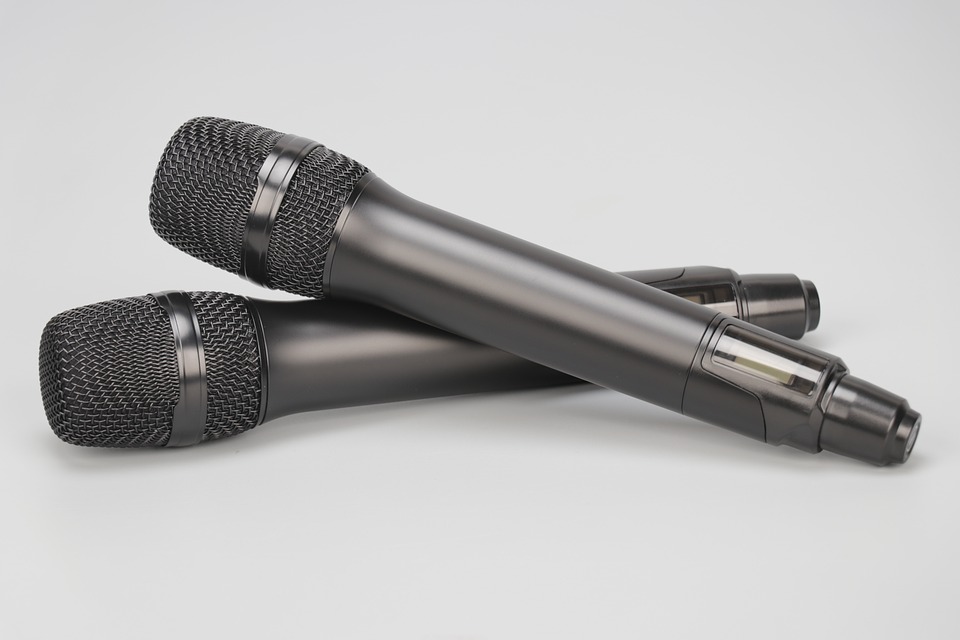As summer approaches and outdoor activities beckon, the war against harmful UV rays intensifies. Sunscreen, an essential tool in this battle, has evolved into a multi-billion-dollar industry. With countless products on the market promising everything from broad-spectrum protection to anti-aging benefits, it can be challenging to decipher which ones truly live up to their claims. In this article, we delve deep into the world of sunscreens, revealing what works, what doesn’t, and what you should be looking for when choosing the right protection for your skin.
The Importance of Sunscreen
Before we dive into our expert reviews, let’s discuss why sunscreen is crucial. Ultraviolet (UV) rays from the sun can lead to sunburn, premature skin aging, and even skin cancer. There are two types of UV radiation that can harm our skin:
- UVA: These rays penetrate deeper into the skin and contribute to photoaging and some skin cancers.
- UVB: These rays are primarily responsible for sunburn and play a significant role in developing skin cancer.
A broad-spectrum sunscreen protects against both UVA and UVB rays, making it vital for effective sun protection.
Understanding Sunscreen Ingredients
Sunscreens typically contain either chemical (organic) or physical (inorganic) blockers:
-
Chemical Sunscreens: These absorb UV radiation and transform it into heat, which is then released from the skin. Common ingredients include avobenzone, octisalate, octocrylene, and oxybenzone. While effective, some people may experience skin irritation or allergic reactions.
- Physical Sunscreens: Also known as mineral sunscreens, these contain active mineral ingredients like zinc oxide or titanium dioxide. They work by sitting on the skin’s surface and deflecting UV rays. Physical sunscreens are often recommended for sensitive skin and are less likely to cause irritation.
Decoding SPF
The Sun Protection Factor (SPF) is vital; it measures the product’s ability to prevent UVB rays from damaging the skin. However, it’s important to note that SPF only quantifies protection from UVB rays. For comprehensive protection, look for broad-spectrum sunscreens with an SPF of 30 or higher.
Expert Reviews: The Top Sunscreens of 2023
We consulted dermatologists, skincare specialists, and consumer feedback to compile our list of the top sunscreens that truly stand out. Here’s a breakdown of the leading contenders:
1. Neutrogena Ultra Sheer Dry-Touch Sunscreen SPF 100
A favorite among professionals for its high SPF and lightweight feel, this sunscreen is water-resistant for up to 80 minutes. Dermatologists praise its non-greasy formula, making it ideal for daily wear.
2. La Roche-Posay Anthelios Melt-in Milk Sunscreen SPF 60
This broad-spectrum sunscreen provides both high protection and a luxurious feel. It’s enriched with antioxidants and is suitable for sensitive skin. Users love its fast absorption and non-whitening finish.
3. EltaMD UV Clear Broad-Spectrum SPF 46
Especially recommended for those with acne-prone or sensitive skin, EltaMD’s lightweight formula contains niacinamide (Vitamin B3), which helps soothe and protect skin. Dermatologists highly regard this as a go-to for daily sun protection.
4. Coppertone Sport Sunscreen Lotion SPF 50
For those who lead an active lifestyle, this sunscreen is sweat-resistant and provides robust protection during outdoor activities. It’s a crowd pleaser, with a formula designed to endure harsh conditions.
5. CeraVe Hydrating Sunscreen SPF 30
Combining sun protection with skincare benefits, this mineral sunscreen contains ceramides and niacinamide, which help restore the skin barrier and retain moisture. Its gentle formula is perfect for sensitive skin types.
What to Look for in a Sunscreen
When selecting a sunscreen, consider the following factors:
-
Broad-Spectrum Protection: Ensure it shields against both UVA and UVB rays.
-
Water Resistance: If you’ll be swimming or sweating, opt for a water-resistant formula.
-
Skin Type Compatibility: Choose a sunscreen tailored for your skin type, whether oily, dry, or sensitive.
-
Non-Comedogenic: If you have acne-prone skin, look for labels stating “non-comedogenic.”
- Expiration Date: Sunscreens are not effective indefinitely. Always check the expiration date and replace expired products.
Conclusion: Your Sun Safety Strategy
While the sunscreen landscape can be daunting, arming yourself with the right information is half the battle. Our expert reviews highlight that not all sunscreens are created equal, and understanding what works for your skin is critical.
Remember to apply sunscreen generously and reapply every two hours or after swimming, sweating, or towel drying, regardless of the SPF. By making informed choices, you can protect your skin from the sun’s damaging effects and enjoy your summer to the fullest. Stay safe under the sun!
